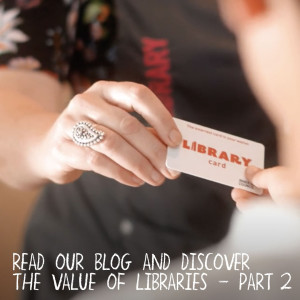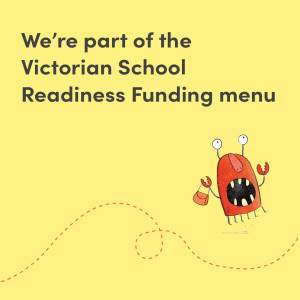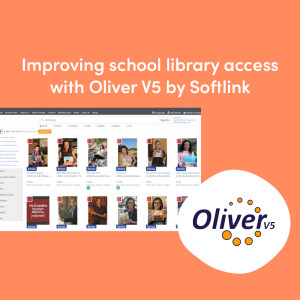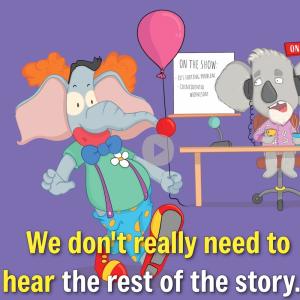Part one: Libraries promoting inclusion in their communities
18 Feb 2021
Libraries are important spaces for people from all walks of life to gather and learn. As accessible community hubs, they provide quiet spaces for everyone to engage with others and learn in a safe environment. Public libraries help children everywhere thrive; for those living with disability or developmental delay, it brings opportunity to build connections and learn, and for neuro-typical children, it even helps them bridge understanding and gain positive attitudes towards disability.
Plumtree, a not-for-profit organisation providing support to young children who have a developmental delay or disability and their families, was recently granted government funding for a pilot project with libraries. Collaborating with libraries and librarians in areas throughout Sydney, Plumtree is funding resources and training to enhance the library experience for children with disability and their families.
"In addition to the human rights aspects, research demonstrates evidence that there are benefits for all participating children (disabled and non-disabled) in inclusive groups,” Anne Rauch, Program Manager at Plumtree said.
“In Storytimes and Rhymetimes this includes improving communication and literacy skills, socialisation, and developing a love of books and reading. There are also benefits for attending family members in developing community networks of support and these benefits enrich everyone's lives."
Story Box Library (SBL) also spoke to one of the participants of the Plumtree library pilot program, to explore the positive impacts of promoting inclusion through libraries and their communities, and how SBL’s resources have been used to enhance the library patron experience and accessibility.
Bianca Luks, the Team Leader of Libraries for Children and Youth at the City of Canterbury Bankstown in New South Wales, shared her experience working at the library, and with diverse members of the community. “Libraries are a neutral space that welcome all members of the community,” Bianca said. “By ensuring our spaces, service and resources are accessible for everyone we are allowing families to meet new people from a range of backgrounds. This fosters a better understanding and acceptance of diversity.”
The Libraries for Children and Youth at the City of Canterbury Bankstown have been using Story Box Library’s safe and trusted digital resource to accompany their library services, and help members of their community connect and engage with stories. “By providing welcoming spaces, inclusive programs and staff training we hope to lessen the anxiety felt by many families with special needs,” Bianca explained.
The role of libraries in supporting the learning and development of children living with disability or who have developmental delay is key to nurturing families of all kinds, and making sure they feel welcome in the community. While restrictions may have created barriers to visiting the library, online options such as Story Box Library allow many families and children to access stories and learning resources, from the comfort of their homes.
“Story Box Library was invaluable when our libraries were closed during the pandemic,” she said. “Families were still able to access stories at home, and we actively promoted Story Box during this time. Online options, such as Story Box, allow families to access stories from a safe comfortable place.” Accessible on a range of devices, with closed captions and dynamic story reads, SBL can assist children of all ages with language, literacy and developmental skills. SBL also provides audio support for students with vision impairments or with specific learning disorders (SLDs) related to reading, such as dyslexia.
For librarians and libraries interested in using Story Box Library to enhance inclusion and learning in their community, contact us at libraries@storyboxlibrary.com.au.
This is part one of a two-part series, featuring libraries actively promoting and supporting inclusion and diversity in their communities. Keep an eye out for part two, coming soon.
Read more about how libraries are working to innovate, and embracing the digital for good.






